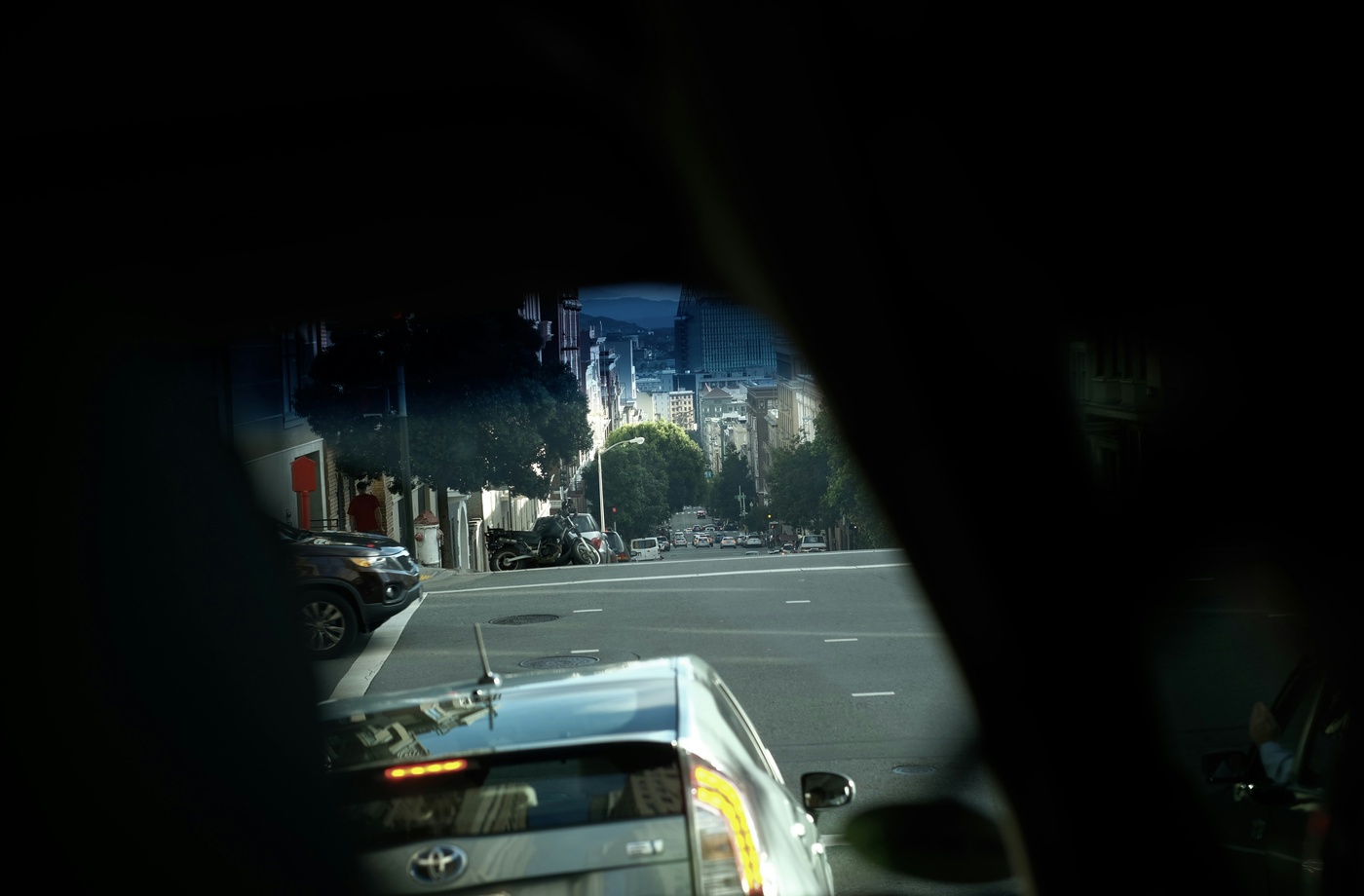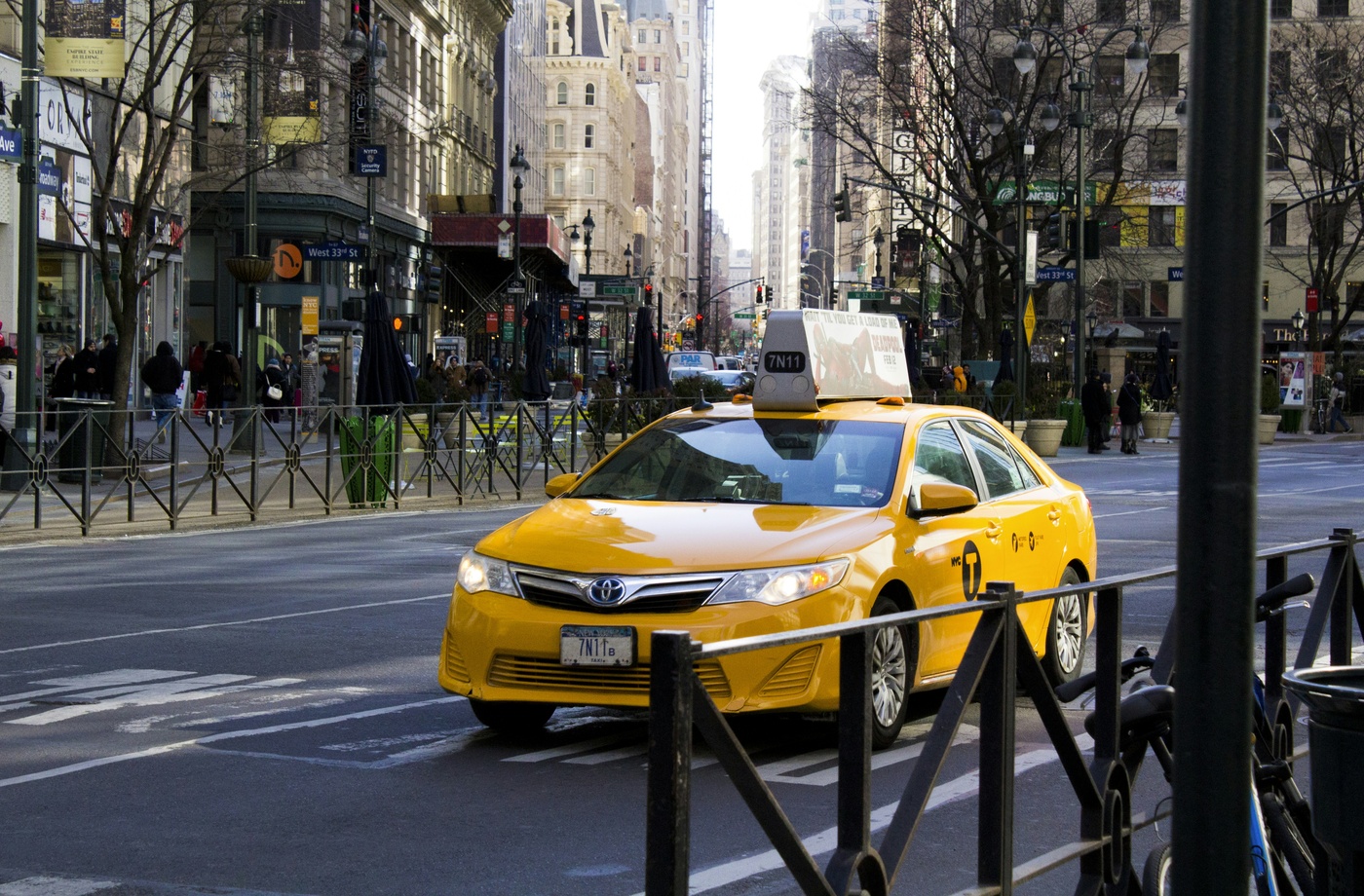Taxis are reliable and convenient, but they’re not immune to costly errors—especially if you’re unfamiliar with local pricing, payment norms, or common rider pitfalls. Whether you’re a frequent cab rider or a first-time passenger, avoiding these common taxi fare mistakes can save you time, money, and frustration.
- Not Confirming the Payment Method Before the Ride
Not all taxis accept credit cards or mobile wallets, especially in smaller cities or rural areas. Some drivers may only accept cash or charge an extra fee for card payments.
How to avoid it:
- Ask upfront if they accept card, contactless, or mobile payment (Apple Pay, Google Pay).
- If they accept Visa or Mastercard, you can also use a virtual gift card from a cashback platform like Fluz.
- When available, earn cashback with an Uber gift card or get rewards with a Lyft gift card when your taxi is part of a hybrid or app-connected system.
- Ignoring the Meter at the Start of the Ride
It’s a common mistake to hop in and ride without checking if the meter has been reset. Unscrupulous drivers may leave the meter running from a previous ride, resulting in a higher fare.
How to avoid it:
- Make sure the meter starts at the base fare (e.g., $3.00 in New York City).
- If your city uses flat-rate zones (such as airport routes), confirm it before departing.
- Not Checking the Route in Real Time
Some drivers may take unnecessarily long routes or avoid highways to increase the fare. This is especially common in unfamiliar cities or with tourists.
How to avoid it:
- Use a GPS app like Google Maps or Waze to track your route.
- If something feels off, politely question the driver or suggest a preferred route.
- Forgetting About Extra Fees and Surcharges
Airport pickups, toll roads, night hours, and additional passengers can all trigger extra fees. If you’re not aware of them, your fare may be higher than expected.
How to avoid it:
- Review your city’s fare policies online. Many include detailed breakdowns of:
- Per-mile and per-minute rates
- Tolls and surcharges
- Wait-time charges
- Per-mile and per-minute rates
- Use fare estimate tools like TaxiFareFinder before your ride.
- Paying Without Reviewing the Final Fare
Some riders hand over their card or cash without checking the total. In rare cases, dishonest drivers may inflate the fare, add unlisted charges, or over-tip themselves when running the card.
How to avoid it:
- Always look at the meter before paying.
- Ask for a receipt showing the breakdown of charges.
- If paying by card, double-check the screen before authorizing.
- Skipping the Receipt
Receipts aren’t just proof of payment—they’re valuable for disputes, expense reports, and even tax deductions. The IRS allows some transportation expenses to be written off, but only with proper documentation.
How to avoid it:
- Always request a printed or digital receipt.
- Use apps like Expensify, TripLog, or Zoho Expense to track your fares.
- Not Using Fare Comparison Tools
Without comparing taxi fares to rideshare or other transit options, you could be missing a cheaper ride.
How to avoid it:
- Use apps like Citymapper or Google Maps to compare your taxi cost against buses, trains, or rideshare services.
- Missing Out on Cashback or Rewards
If you’re paying cash or swiping a debit card, you’re missing out on potential cashback or rewards points. Using the right tools can turn every taxi ride into a savings opportunity.
How to avoid it:
- Use a rewards credit card with travel bonuses.
- Stack savings with digital gift cards. For example:
- Earn cashback with a BP virtual card if covering fuel in a hybrid cab arrangement
- Get rewards with a Shell virtual card when taxis allow passengers to pay for gas
- Earn cashback with a BP virtual card if covering fuel in a hybrid cab arrangement
- Start with Fluz to get cashback instantly when paying with a digital card
By avoiding these common mistakes and planning your ride ahead of time, you can take control of your fare and make every trip more efficient—and more affordable.



